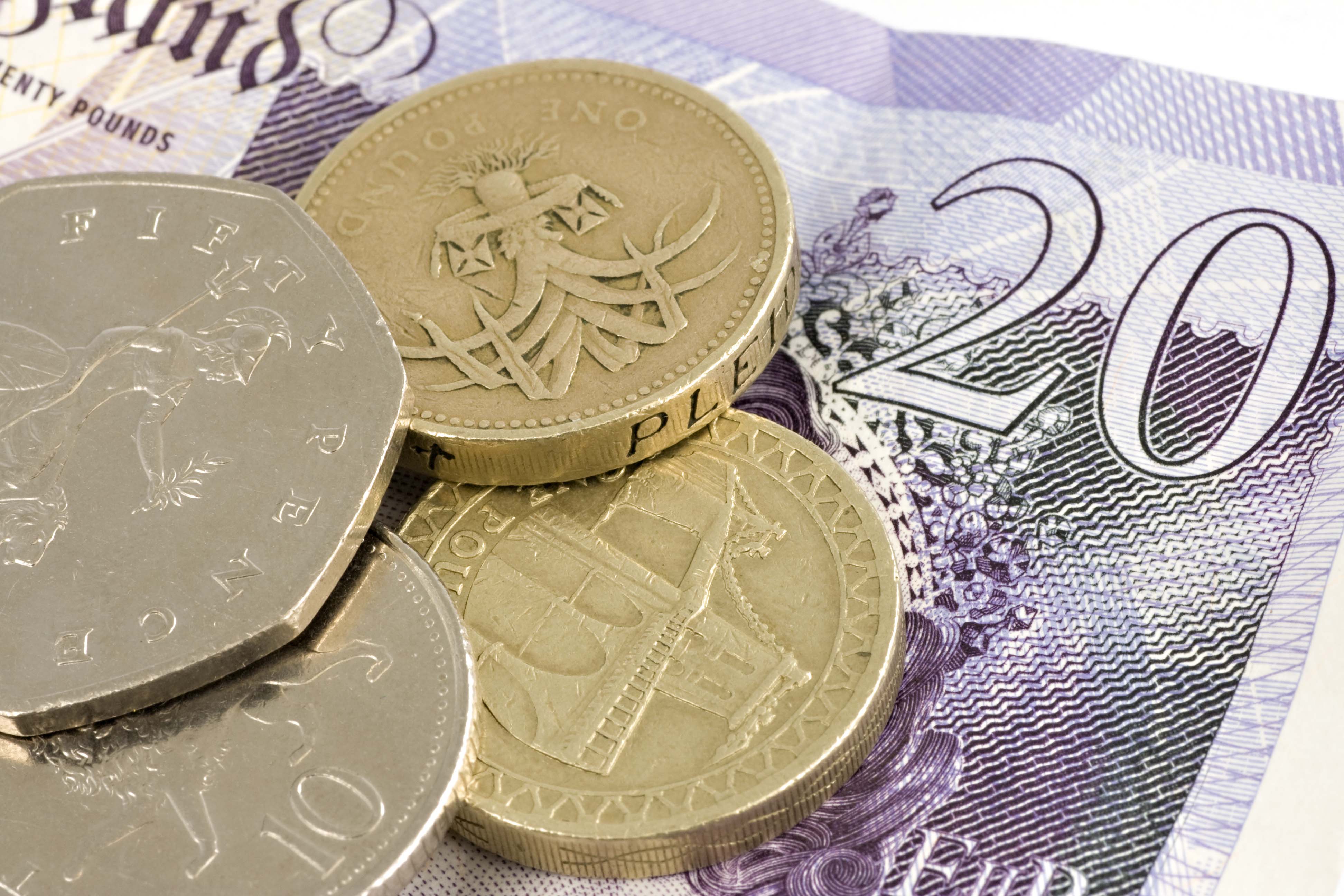News
Financial planning is essential for everyone: here’s how to get started

It’s Financial Planning Week 2017 so no matter your wealth, your age or your life goals, here’s how to get started so you’re in control of your money matters.
Financial planning is important for everyone no matter what your situation is as it can help set out a road map for your future goals and give you a better understanding of all your incomings and outgoings.
Jane Wheeler, former president of the Institute of Financial Planning and director of the International Financial Planning Standards Board, says it can also give you a sense of achievement when your goals are met and valuable piece of mind.
She says: “Rather than just wishing that you could do something or have something that’s important to you, why not apply yourself to make it happen using the process of financial planning? As well as realising your dreams at the end of the process, you will have a sense of achievement: in addition you will feel in control and have the comfort of knowing that your financial life is ordered.”
Three of her tips are to stay realistic, committed and to review your financial plan regularly.
When do you want to achieve your goals?
She says it’s important to think about your time horizon:
- Short term: in the next five years
- Medium term: 5-10 years
- Long term: more than 10 years.
While you will ultimately have to prioritise your goals, she says you should try to make some progress towards each of these.
How much will it cost?
Next you should work out the cost of achieving these goals in those time horizons.
Wheeler says this is the most difficult part of making a financial plan but it is do-able: “In order to be able to plan, we need to put a cost on what it is we are trying to achieve. Take each goal, one by one, and calculate the amount of money you will need to be able to achieve them. Take note of the timescale for each goal. You will then need to work out the best way of accumulating that amount of money by regular savings or by assigning capital that you already have to that purpose.”
These figures can include estimates and some assumptions such as on growth rates and inflation.
You’ll need to figure out your net worth which is the total of your assets, less any liabilities. This will include your salary, pension, home, savings, as well as any loans or debts you may have accrued.
Cut back on spending and shop around for deals
If you’re spending more than you’re saving, this will need to be addressed at the earliest opportunity so the first step is to cut out spending on non-essentials such as that coffee on the way in to work, that magazine subscription you hardly read and the expensive lunch which you could make at home.
Another area to save money in is on your insurance and utility costs. Shop around on comparison sites to cut down the cost of energy as well as car and home insurance costs.
Ensure you have emergency cash and cover
Wheeler says it’s also important to expect the unexpected meaning it’s essential to establish an emergency fund to allow you instant access to cash when required.
You should also ensure there’s sufficient insurance cover in place to provide for any dependants you may have in the event of your death or ill health.
A will should also be drafted to reflect your wishes for the distribution of your assets in the event of your death. And consider a Power of Attorney in the case you’re unable to manage your affairs in later life.
Seek help from a financial adviser
If you’re financial affairs are more complex or you want an independent professional to help you with your money matters, a financial adviser can help.
To find an adviser, YourMoney.com suggests using online services such as Unbiased.co.uk or VouchedFor.co.uk as it allows you to search by specialism, location and cost.
Once you have a preliminary list, the next step is to pick the best one for your circumstances and you should ask four key questions:
Are you an independent financial adviser? IFAs need to hold a Financial Conduct Authority (FCA) –recognised financial planning diploma and a valid Statement of Professional Standing (SPS).
What are you best at? Most can advise on a number of topics but whether you require general support across financial affairs or expertise in a couple of areas, it’s important to identify their strengths.
What’s your philosophy in respect of…? Every financial adviser will have their own views, beliefs, and personality. It’s important to understand an IFA’s philosophy – their strategy, selection process, risk appetite, and more – to see whether their characteristics match with your own.
How are you paid? All advisers must charge an upfront fee they agree with you in advance. However, how they charge these fees varies significantly; whether a percentage fee or proportional to the money managed. Others bill by the hour.
See YourMoney.com’s How to prepare for your first meeting with a financial adviser to see what you need to think about beforehand and a list of documents to take with you.